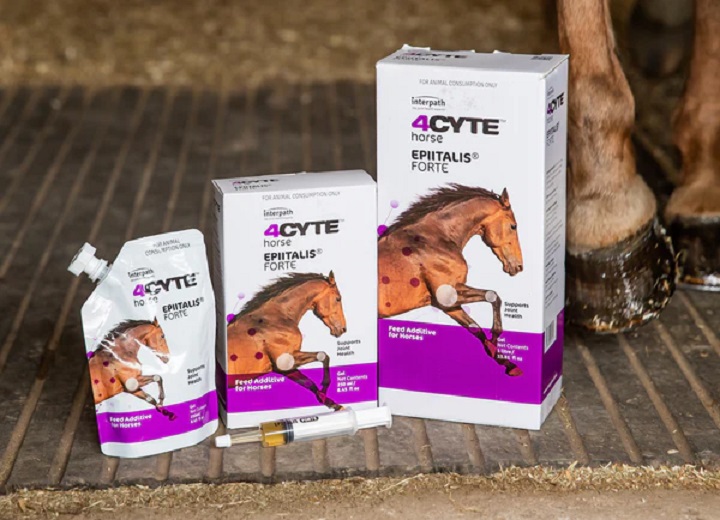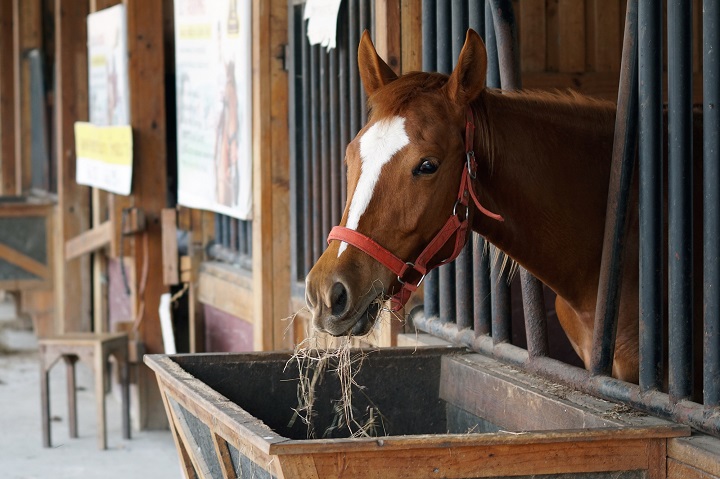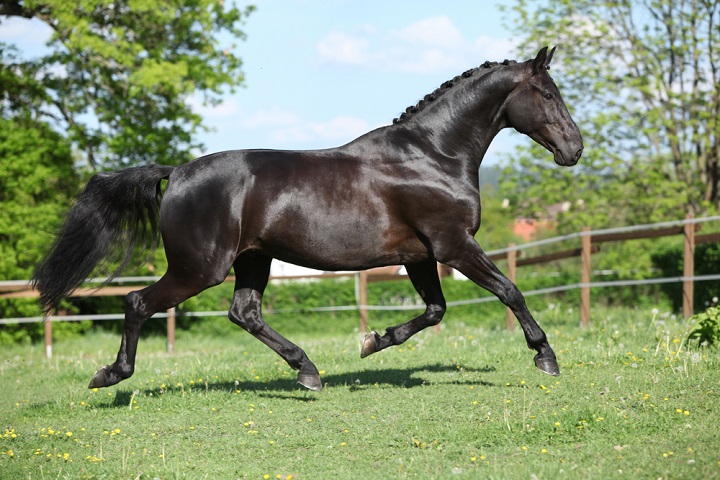Essential Strategies for Maintaining Your Horse’s Joint Health
The health of your horse’s joints is vital, especially for active horses. Whether your horse is a competitive athlete, a show jumper, or simply your trusted riding companion, maintaining strong and supple joints is a fundamental aspect of their overall well-being. Healthy joints are not only crucial for optimal performance, but they also play a key role in preventing pain, injuries, and discomfort.
To keep your horse in peak condition, you should consider several beneficial practices for maintaining joint health. By implementing these essential strategies, you can ensure your horse stays happy and active for years to come.
Supplements

Supplements for horse joints have become an integral part of equine care, providing numerous benefits to ensure the health and longevity of these magnificent animals. These supplements offer a range of advantages, particularly for active horses whose joints endure additional strain.
Joint supplements for horses often contain key ingredients like glucosamine and chondroitin, which are vital for maintaining healthy joints. By supporting the flexibility of a horse’s joints, reducing inflammation and enhancing overall mobility, horse joint supplements help horses stay comfortable during physical activities, preventing stiffness and pain.
Additionally, joint supplements play a crucial role in preventing and managing joint conditions like arthritis, which commonly affects active horses. These supplements work by decelerating the progression of such conditions, effectively preserving joint health, and enabling horses to remain in top shape for years to come.
When choosing a joint supplement for your horse, it’s crucial to make well-informed decisions. The most important thing is to consult with a veterinarian or equine professional. They can evaluate your horse’s specific needs and recommend the most appropriate supplements based on factors like age, activity level, and any existing joint issues.
Moreover, carefully review the supplement’s ingredients, and opt for a high-quality horse joint supplement from reputable manufacturers. Look for compounds such as glucosamine, chondroitin sulfate, hyaluronic acid, and omega-3 fatty acids, known for their joint health benefits. Buying supplements with these proven ingredients ensures that your horse receives the most effective support for its joint health while choosing a reputable manufacturer adds an extra layer of confidence.
You should also consider the form of the horse joint supplement, whether it’s powder, pellets, liquids, or injections, and select the one that aligns with your horse’s preferences and is easy to incorporate into their daily routine. Make sure you regularly monitor your horse’s response to the supplement and be prepared to make adjustments as needed. Cost and budget, potential allergies or sensitivities, regulatory compliance, and reviews from other horse owners are also essential factors to weigh in your decision.
Proper Nutrition

Proper nutrition plays a pivotal role in maintaining a horse’s joint health. An equine diet that provides essential nutrients, including vitamins, minerals, and amino acids, is essential for strong, resilient joints.
That said, you need to pay attention to what you’re feeding your horse. Ensure a balanced diet that includes high-quality forage, fresh pasture, and the right grain or concentrate, tailored to your horse’s age, activity level, and specific needs. Make sure to also incorporate sources of omega-3 fatty acids for their anti-inflammatory properties. Consulting an equine nutritionist can help create a diet plan that optimally promotes joint health and overall well-being.
Maintaining a Healthy Weight

Maintaining a healthy weight is vital for your horse’s joints. Excess weight places excessive stress on joints, leading to wear and tear. To ensure your horse maintains a healthy weight, provide a balanced diet tailored to their nutritional needs.
Regular exercise is another key component, as it helps burn excess calories and maintain muscle strength, which is crucial for supporting the joints. It’s also important to monitor your horse’s body condition and weight. If you have any uncertainties, it’s beneficial to consult with a veterinarian or equine professional to create a weight management plan that aligns with your horse’s needs.
Warm Up and Cool Down
Warm-up and cool-down routines are critical for maintaining your horse’s joint health. They ensure a gradual transition into and out of physical activity, reducing the risk of joint strain and injury.
During a warm-up, start with slow, controlled movements, gradually increasing the intensity to prepare the muscles and joints for more demanding exercise. A cool-down should consist of gentle, low-impact exercise to gradually lower the heart rate and release muscle tension.
These practices help prevent sudden shocks to the joints and promote optimal circulation, joint lubrication, and muscle recovery. It’s essential to tailor the duration and intensity of these routines to your horse’s age and fitness level, ensuring their joints remain strong and injury-free.
Foot Care
Proper foot care for horses is necessary for maintaining their overall well-being, including the health of their joints. This care involves regular hoof trimming and shoeing by a skilled farrier to ensure proper alignment and balance, reducing the risk of joint strain caused by an irregular gait.
Additionally, maintaining healthy hooves and a clean environment is crucial, as hoof issues can affect how a horse bears its weight, which, in turn, impacts joint health. Monitoring for signs of lameness, injury, or discomfort is part of good foot care. Some horse owners also use leg wraps or boots to support the lower limbs during exercise and provide additional joint protection.
Adequate Rest
Ensuring that your active horse gets sufficient rest is crucial for the well-being of both you and your equine companion. Just like humans, horses need downtime to allow their bodies, especially their joints, to recover and regenerate. Intense and frequent activity can strain their joints, potentially leading to injuries or long-term issues. Adequate rest periods provide essential recovery time, reducing the risk of joint stress and fatigue. With that in mind, make sure to include regular rest in your horse’s schedule to keep their joints healthy.
Regular Veterinary Check-Ups
Regular veterinary check-ups are highly important for your horse’s joints and overall health. Veterinarians are qualified to assess your horse’s joints, detect issues early, and recommend appropriate interventions. These check-ups usually include evaluations of gait, flexibility, and signs of discomfort, ensuring that any joint-related problems are promptly addressed.
What’s more, veterinarians can provide tailored advice on nutrition, exercise, and preventive measures that are essential for preserving joint health. Beyond joints, these check-ups include vaccinations, dental care, and overall health assessments, ensuring your horse enjoys a long and active life. By prioritising these regular visits, you are taking proactive steps to give your horse the best chance to lead a long, active, and joyful life.
